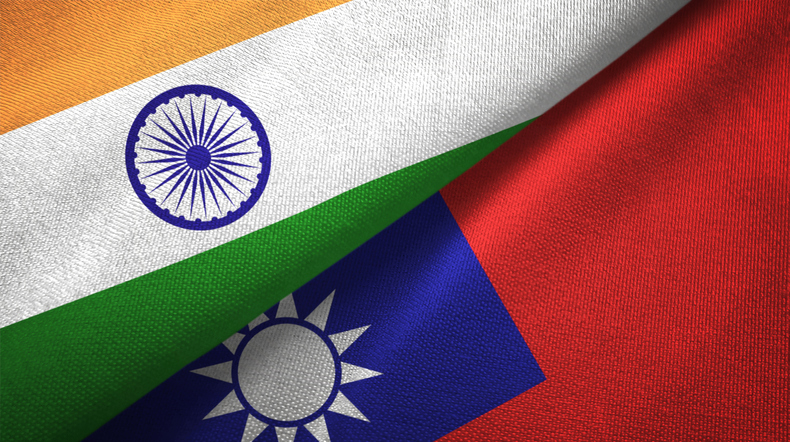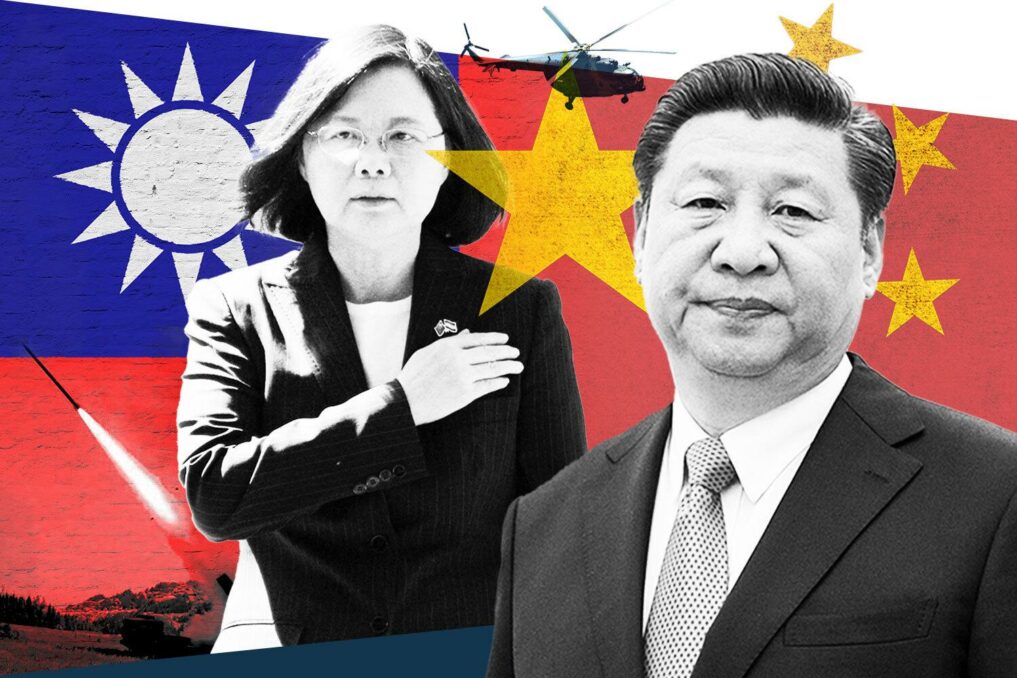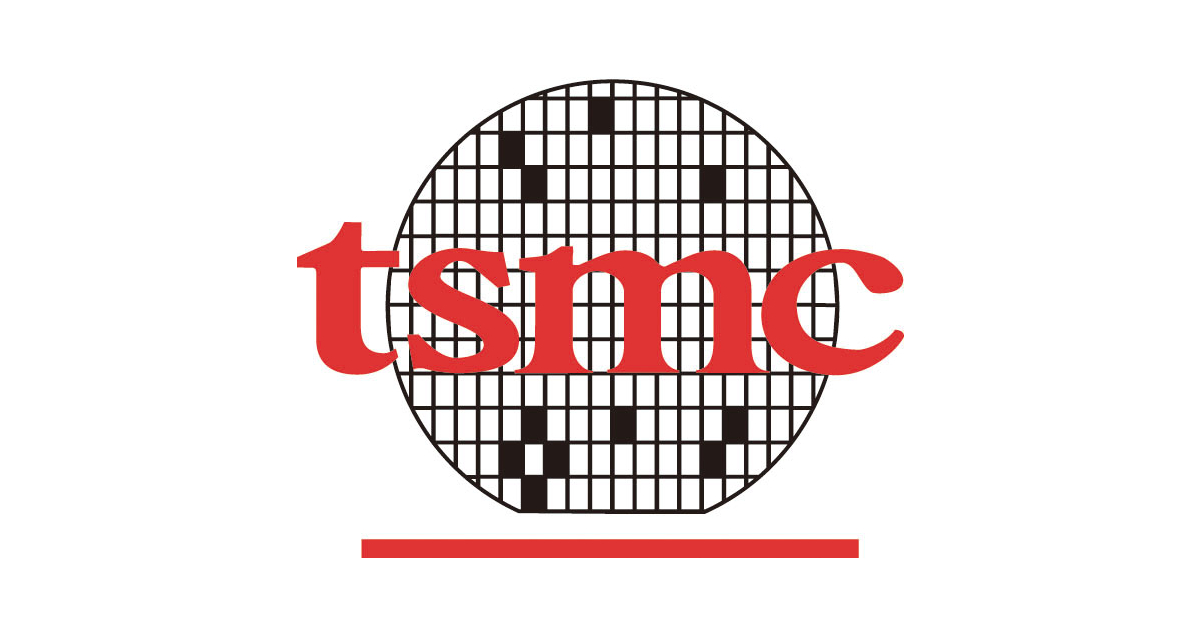Taiwanese organizations working in China are checking out “decoupling” the worldwide production network from that country

Driving Taiwanese innovation firms are taking a gander at migrating their assembling bases to India to cut down their openness to the Chinese market, top policymakers in the Taiwan government have said, in the midst of oneself represented island’s undeniably tense relations with China.
According to Deputy Minister for Taiwan’s National Development Kao Shien-Quey, there is a lot of room for New Delhi and Taipei to work together in areas of emerging and important technologies like the production of semiconductors and electronics equipment.
She said that big technology companies from Taiwan see India as an important place to improve their worldwide supply chains, as said in an interview with a group of journalists from other countries.
Kristy Tsun-tzu Hsu, who leads a research center at the Chung-Hua Institution of Economic Research, says that Taiwanese companies working in China are thinking about separating their global production network from China, while continuing to supply products to customers within China.
Driving Taiwanese organizations are progressively taking a gander at migrating their creation bases from China to nations in Europe, North America, the US and India considering Washington’s exchange debate with Beijing and the Chinese military’s rising muscle-flexing around Taiwan.
The connection among China and Taiwan has become progressively stressed after US House Speaker Nancy Palosi’s visit to the island in August last year.
India is enthusiastic about having creation offices of driving Taiwanese chip makers including Taiwan Semiconductor Manufacturing Corporation (TSMC), the world’s biggest chipmaker whose clients included Apple.

Shien-quey believes that due to the global supply chain makeover and China’s strategy of expanding its influence, there will be increased collaboration between different parties in the semiconductor and information and communication industry.
It has been learned that a significant number of Taiwanese businesses are planning to establish production bases in two industrial parks in India that are being constructed solely for leading Taiwanese industries.
An official said, on condition of anonymity, that discussions to establish a manufacturing facility in India for a Taiwanese semiconductor company are in their final stages.
Taiwan produces over near 70% of the world’s semiconductors and north of 90% of the most progressive chips that are expected for practically all electronic gear, for example, cell phones, vehicle parts, server farms, contender planes and computer based intelligence advancements.
The ‘China-In addition to one’ technique targets empowering organizations to extend their tasks beyond China while keeping up with their presence in that country.
“We are encouraging Taiwanese companies to expand their production to other countries that share similar values,” said Shien-quey.
According to Tsun-tzu Hsu, the Indian economy is very big, so it could give Taiwan a chance to change how it deals with China in its trade.
It’s more than just exchanging goods. It’s mainly about working together. Our organizations were considering moving to India even before the US-China trade war because the Indian economy is so big that it can provide an opportunity for Taiwan to change its relationship with China and become less dependent on China,” she said.
Tsun-tzu Hsu said the Taiwanese government has been attempting to arrange an economic agreement with India to extend the exchange container.
Foxconn, Apple’s largest supplier and based in Taiwan, manufactures iPhones at a facility in Tamil Nadu.
The company is currently constructing a second iPhone manufacturing facility in Karnataka, which is anticipated to begin production by April of next year.

New Delhi and Taipei inked a milestone reciprocal venture settlement almost five years back that looks to safeguard Taiwanese interest in India.
The respective exchange among India and Taiwan is on a rise. The volume of exchange expanded from $2 billion (generally Rs. 16,361 crore) in 2006 to $8.9 billion (generally Rs. 72,806 crore) in 2021.
“As of late, we see new force in Taiwanese organizations moving to India and extending their activities. The extension of Foxconn is one such model,” Tsun-tzu Hsu said.
Delegate Priest Shien-quey said there is a lot of room for collaboration among India and Taiwan in the space of semiconductor manufacturing.
In the field of technology, India is good at making software, while Taiwan is good at making hardware and manufacturing things. There is a lot of room for people to work together freely here. Additionally, India participates in a very large domestic market. “So this also encourages thinking about investing,” she said.
The deputy minister claims that Foxconn’s operations in India are expected to attract additional technology companies to India.
“She said that Foxconn is now in India and some of their suppliers are also located there. She believes that this will encourage other companies to invest in the earlier stages of the production process. “
China considers Taiwan as its breakaway region and demands it ought to be brought together with the central area, forcibly if important. However, Taiwan views itself as distinct from China.
India doesn’t have formal discretionary binds with Taiwan yet the two sides have exchange and individuals to-individuals relations.
Some experts in India have been advocating for strengthening New Delhi’s ties with Taipei, particularly in the areas of trade and investment, following the dispute over the eastern Ladakh border with China.













